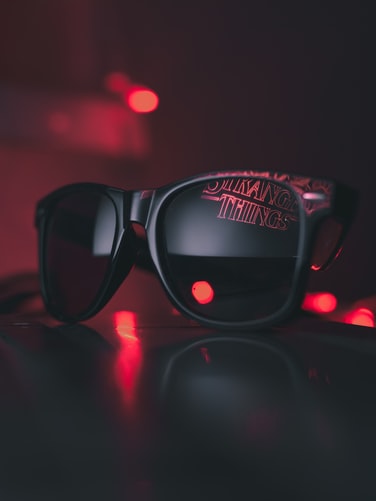Culture July 29, 2019
When it comes to data privacy, are we clueless... or do we just not care?
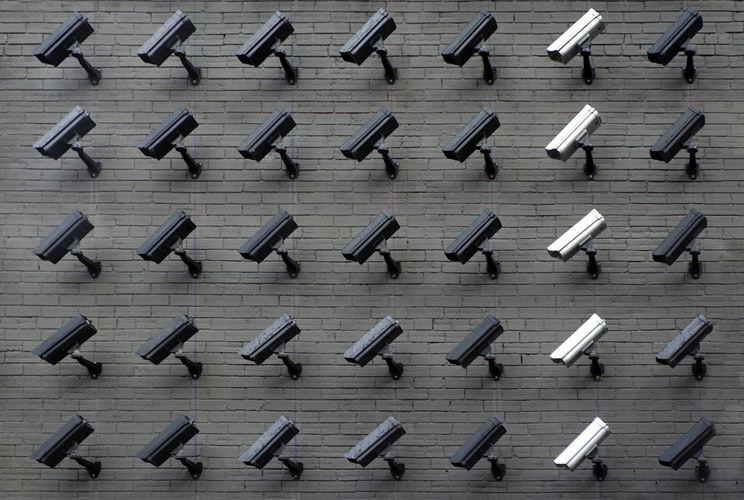

Amazon Prime Day came to a close and put up unprecedented sales numbers. With an estimated $6 billion worth of merchandise sold, it’s clear that consumerism is alive and well. Among the top items sold were Instant Pots, personal water filter straws, and, interestingly enough, genetic testing product, 23andMe.
In a buying frenzy that outranked Black Friday and Cyber Monday combined, people flocked to DNA testers… Why? There have been several reports on the Federal Trade Commission’s investigation of 23andMe regarding customer’s genetic data privacy and how samples are being handled. Yet that doesn’t seem to deter people from sending off their spit.

23andMe identifies which genetic markers the user possesses and what that could mean for his or her health moving forward. Not only are people curious about their future health, but apparently their future appearance as well. While consumers were adding genetics kits to their Prime carts, celebrities and commoners alike were digitally aging themselves using FaceApp and posting the results all over the internet.
Then the news broke that a Russian company developed and owned the app. An uproar rippled through social media outlets with musings that the Russian government was storing uploaded photos to be used for who-knows-what. Much of this speculation was due to the app’s terms and conditions; the policy allows a broad interpretation of what the program is legally allowed to do with users’ pictures.
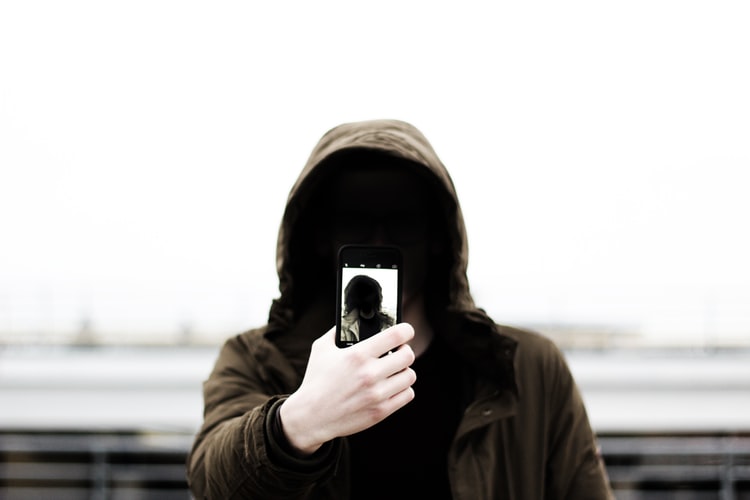

It turns out that the terms drawing attention for both the app and 23andMe really aren’t very different from Twitter. Additionally, the muck surrounding Facebook’s data privacy policy is pretty common knowledge. Although some people have subsequently modified their media habits, personal information is still free-flowing through cyberspace despite warnings.
Similarly, genome companies are on the rise regardless of the suspicious nature of where the samples really end up. Between 23andMe topping Amazon Prime Day purchase lists and FaceApp globally dominating the download charts, consumers aren’t swayed by data privacy breaching implications.
So again… WHY?
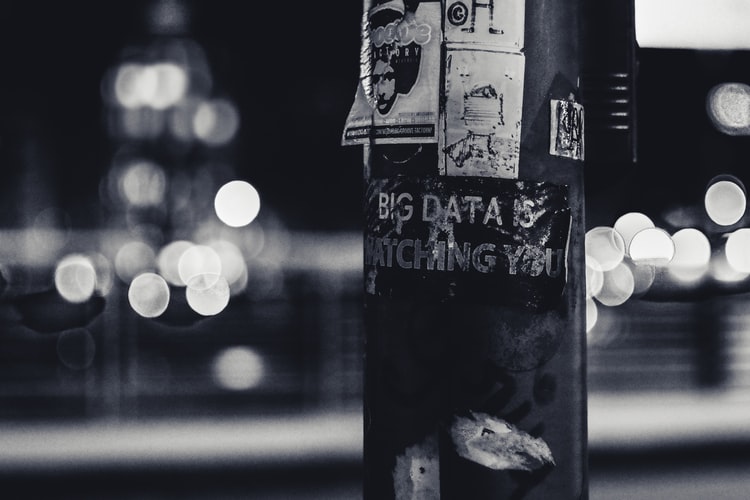

According to an article by Psychology Today, it may come down to a psychological phenomenon called the privacy paradox. There’s no debate that personal privacy is important. However, it is not always important enough to dissuade individuals from offering up their information. Basically, the benefit outweighs the cost. People would rather be on social media and take the risk of being spied on than not be on at all; they don’t want to miss out on telling followers what they’re up to.
Secondly, humans are wired for instant gratification. The warnings about lackluster privacy policies are out there, but most people will not take the time to read them. People see something they want and will take the fastest route to get it. Actually reading the terms and conditions for practically anything takes up too much time.
23andMe participant, Alyssa Pluchino, reported that she did not read the data protection or consent documents before submitting her saliva vile. When asked why not, she said “what are they going to do, make a clone of me? Plant my DNA at a crime scene?” She added that she purchased a dog DNA kit as well, and it was “so worth it.”
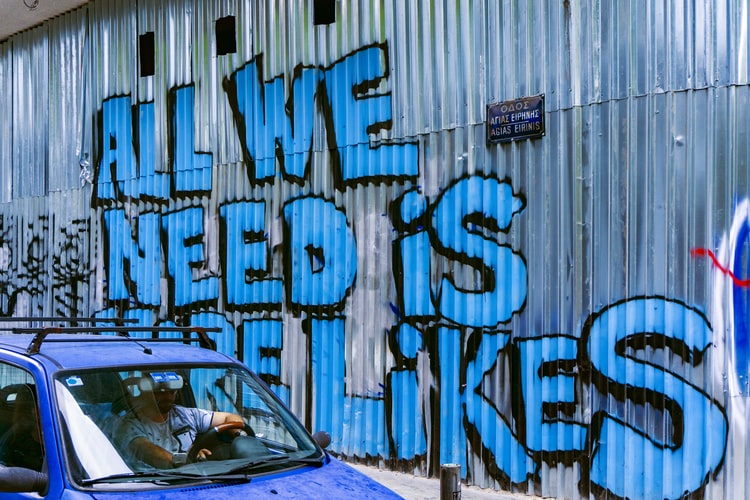

Perhaps there isn’t really a paradox at all, but instead a disparity regarding who is doing the privacy-invading. In a survey by Pew Research Center, statistics showed that personal privacy ranked pretty highly in importance to Americans. At the top of the priority list was ‘being in control of who can get info about you.’ However, it seems that this applied more to person-to-person information exchange.
93% of Americans surveyed said that they “valued the ability to share confidential information with others in their lives.” People seemingly care most about not having their intimate details made public; however, allowing that visibility to major companies and the government doesn’t necessarily raise the same red flag. Evidently, data privacy doesn’t equate personal privacy.


On the contrary, “maybe average Americans don’t care about privacy anymore,” according to USA Today. Author Dick Hughes suggested that if there ever were to be a discrepancy over government surveillance, the people wouldn’t have a leg to stand on. He said that “the American public has voluntarily surrendered its privacy.”
FaceApp users have indicated that they really aren’t discouraged from using the app, despite the Russian revelations. The attitude seems to be that if the Russians (or our own government) want any information about American citizens, they have the means to obtain it, regardless if it’s being freely handed over or not. Blake Sheldon, 24, said, “I’m not too deterred from using apps with these features because I believe that no matter what, with the continued technological advancements in our society, if someone wants to access your personal information badly enough, they could easily do so.”
It seems that Americans are well aware of the posed threats of DNA collection and facial recognition tools. However, until a clear and present danger arises from the use of these advancing technologies, business will likely continue as usual. For now, there are much more pressing matters at hand. As FaceApp user Elisabeth Von Bank, 27, stated, “I’m more concerned about the ending to Stranger Things Season 3 than the Russians.”
